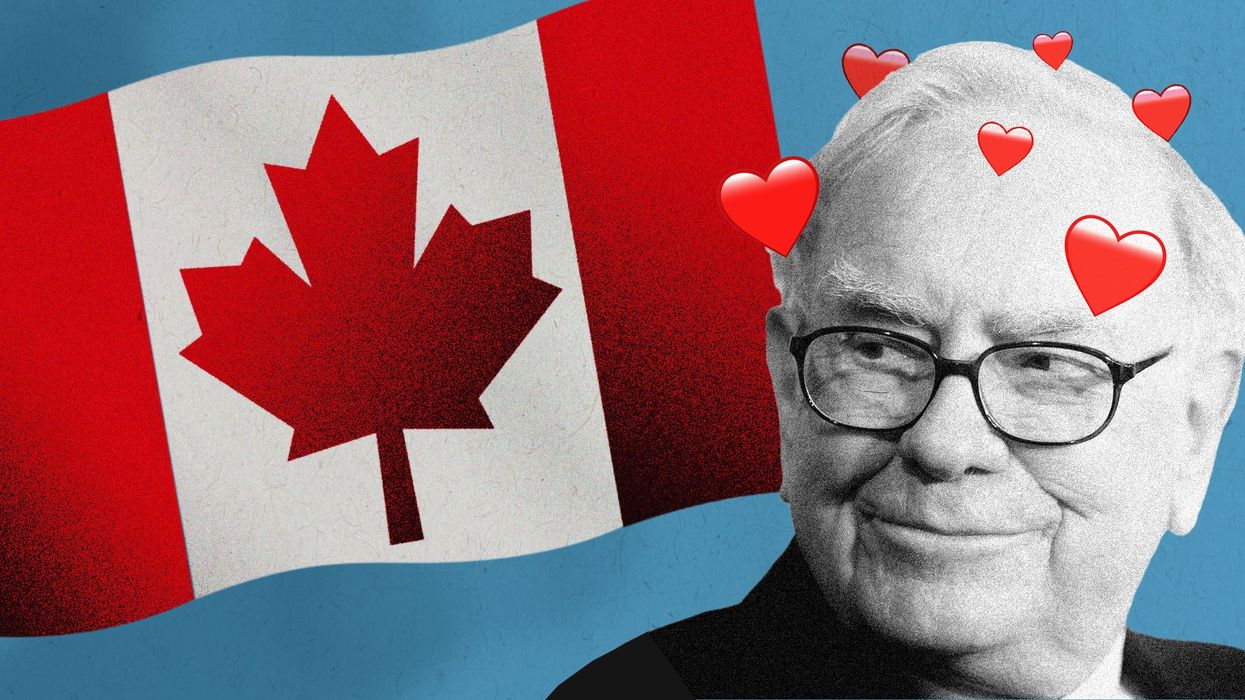GZERO North
Buffett's blessing: Praise of Canada sparks economic hope. Should it?
There's been rising concern among Canadians that their country is in danger of being ignored, particularly by US investors, and that's why comments made by Warren Buffett last weekend were welcomed so enthusiastically by Justin Trudeau’s unpopular Liberal government.
May 09, 2024

